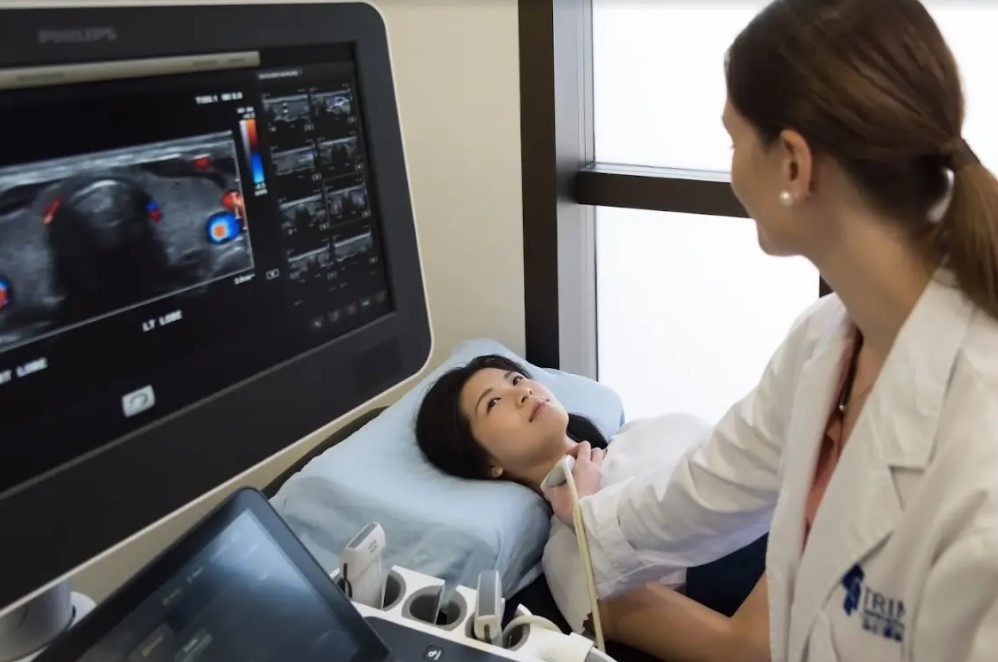
Regular body check-ups are important at any age, but they become especially crucial as we grow older. In this article, we’ll explore the importance of having regular body check-ups at age 30 and how they can help prevent health issues and improve overall well-being.
Prevention and Early Detection of Health Issues
Regular body check-ups can help prevent health issues and detect them early, before they become more serious. This can lead to more effective treatment and better health outcomes. Here are some health issues that may be detected through regular check-ups:
High Blood Pressure: High blood pressure is a common health issue that can lead to more serious conditions such as heart disease and stroke. Regular check-ups can help detect high blood pressure early and allow for effective treatment.
High Cholesterol: High cholesterol is another common health issue that can lead to heart disease. Regular check-ups can help detect high cholesterol levels and allow for lifestyle changes or medication to reduce the risk of heart disease.
Diabetes: Diabetes is a chronic condition that can have serious health consequences if left untreated. Regular check-ups can help detect diabetes early and allow for effective treatment and management.
Cancer: Regular check-ups can include cancer screening tests such as mammograms and colonoscopies. Early detection of cancer can lead to more effective treatment and a better chance of survival.
Monitoring Chronic Conditions
If you have a chronic condition such as asthma or diabetes, regular check-ups can help your healthcare provider monitor your condition and adjust your treatment as needed. This can lead to better management of your condition and improved quality of life. Here are some chronic conditions that may be monitored through regular check-ups:
Asthma: Regular check-ups can help monitor asthma symptoms and adjust medication as needed to prevent flare-ups.
Diabetes: Regular check-ups can help monitor blood sugar levels and adjust medication and lifestyle as needed to manage the condition effectively.
Hypertension: Regular check-ups can help monitor blood pressure levels and adjust medication and lifestyle as needed to prevent complications such as heart disease and stroke.
Immunizations
Regular check-ups are a good opportunity to receive recommended immunizations, such as flu shots and vaccines for HPV and hepatitis B. Immunizations can help prevent serious health issues and keep individuals healthy and protected. Here are some immunizations that may be recommended:
Flu Shot: The flu shot is recommended annually to prevent the flu and its complications.
HPV Vaccine: The HPV vaccine is recommended for both males and females to prevent certain types of cancer.
Hepatitis B Vaccine: The hepatitis B vaccine is recommended for individuals at high risk for the disease, such as healthcare workers and those with multiple sexual partners.
Lifestyle Counseling
Regular check-ups can provide an opportunity for healthcare providers to offer lifestyle counseling on topics such as diet, exercise, and stress management. This can help improve overall health and reduce the risk of chronic conditions. Here are some areas of lifestyle counseling that may be covered:
Diet: Healthcare providers can offer guidance on healthy eating habits and portion control to prevent weight gain and reduce the risk of chronic conditions such as heart disease and diabetes.
Exercise: Healthcare providers can offer guidance on exercise routines that can help improve cardiovascular health, strength, and flexibility.
Stress Management: Healthcare providers can offer guidance on stress management techniques such as meditation, deep breathing, and exercise to reduce the risk of stress-related health issues.
Regular body check-ups are crucial for maintaining good health and preventing future health issues. By establishing a baseline of health at age 30 and monitoring any changes that occur over time, individuals can take proactive steps to improve their health and well-being. It’s important to speak with a healthcare provider about what types of check-ups are recommended based on individual health status and risk factors. With regular check-ups and appropriate care, individuals can stay healthy and live their best lives.

Leave a Reply